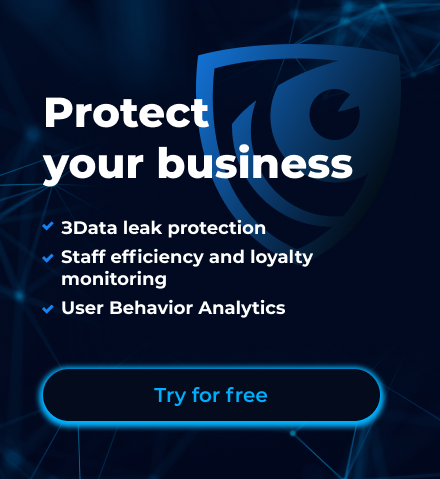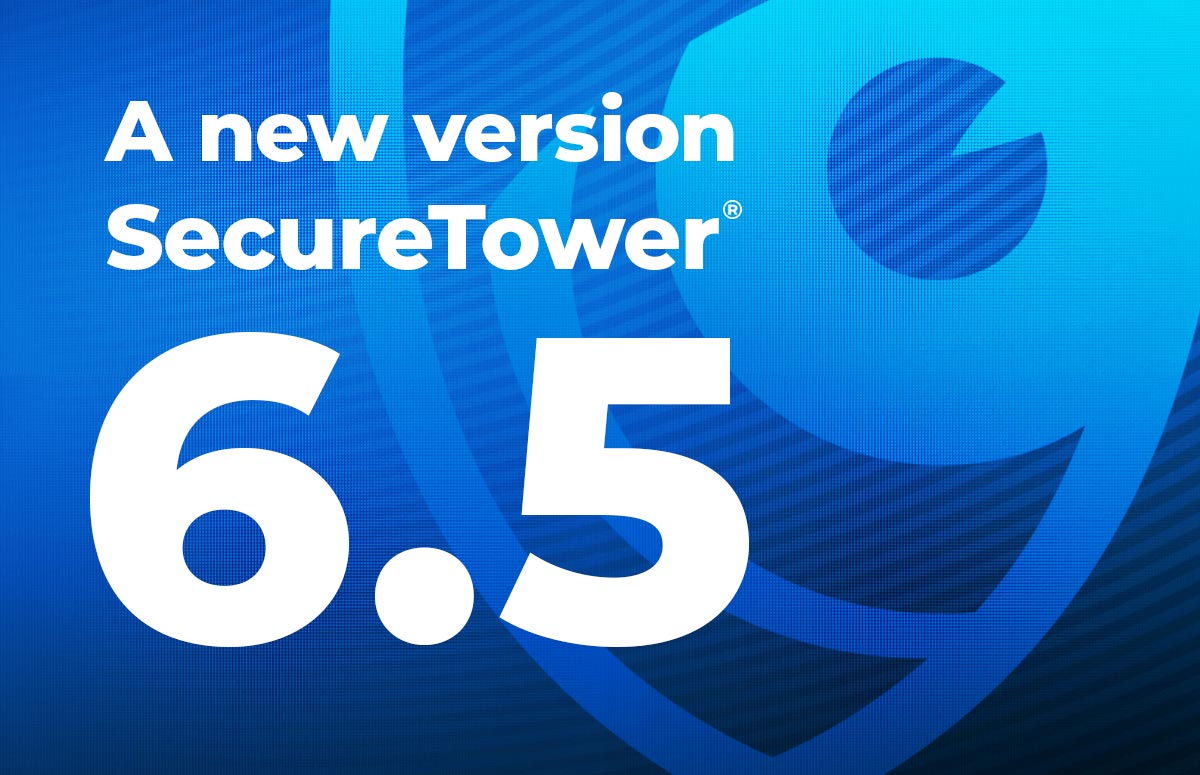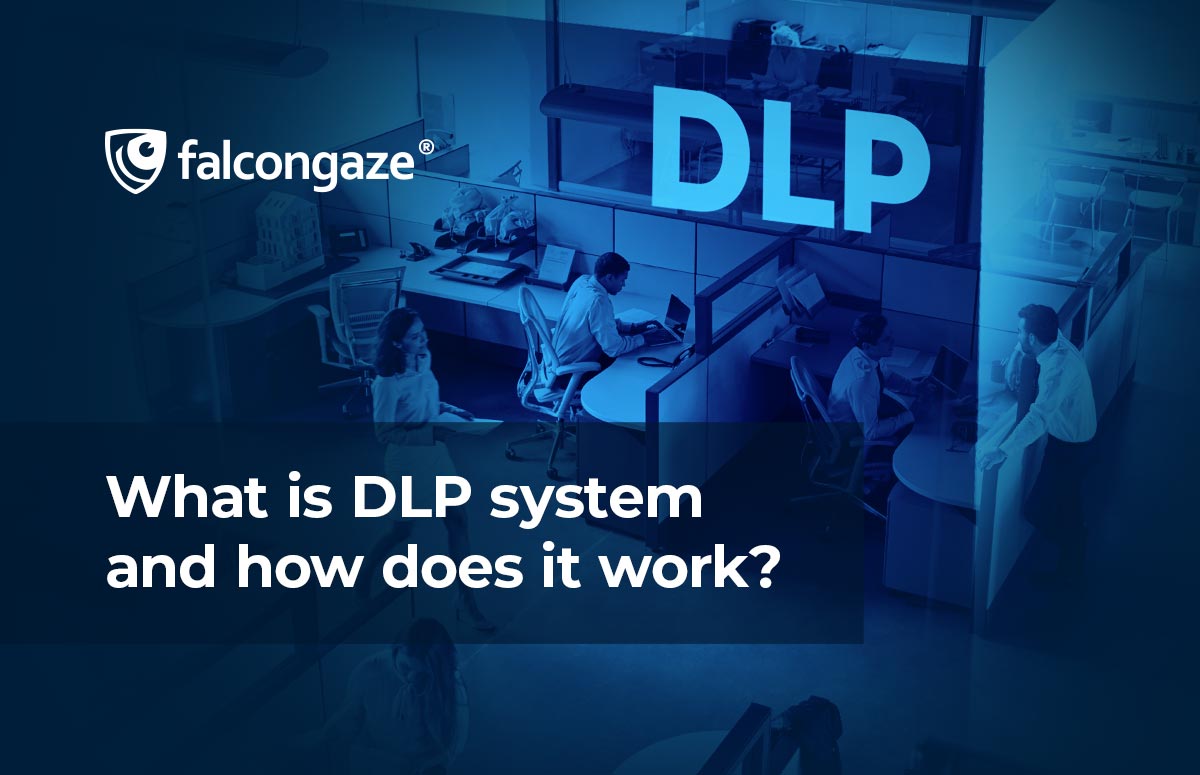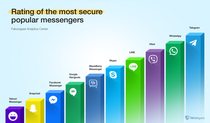SecureTower 2.3: Microsoft Exchange control and entitlement management system
Check out the new version of SecureTower 2.3 DLP solution that provides full control over all Microsoft Exchange Server e-mail messages and implements new access control system.
Enterprise users get even more protection against internal threats with SecureTower 2.3. The system guarantees accurate monitoring of blog and social networking posts’ content, e-mail messages (particularly encrypted ones), as well as most IM (ICQ, QIP, Miranda, Skype, Google Talk) and a lot more.
New release features include full administering of internal and external message sessions going through corporate e-mail server based on Microsoft Exchange Server 2007/2010 platform. Any incoming and outgoing messages, as well as internal correspondence of company’s employees, are checked to comply with specially defined corporate security policies.
All security breach incidents can be visually represented in the form of statistical report with graphics that enable clear incident-analysis and simplify decision making.
SecureTower 2.3 provides flexible access control, so the system functionality access can be tuned according to any type of organization hierarchy.
SecureTower access rights can be limited if needed, e.g. right to search through intercepted data, or access network activity stats for predefined user lists, in addition, the option to deny Security Centre access or limit user rights to create, edit or delete security rules is available now. So, manager may be entitled to monitor subordinates’ activities, or security officer may be granted access to only those data that SecureTower defines as sensitive.
SecureTower 2.3 allows two types of authorization: based on existing Windows Active Directory account or based on internal program authentication system.







.png)





